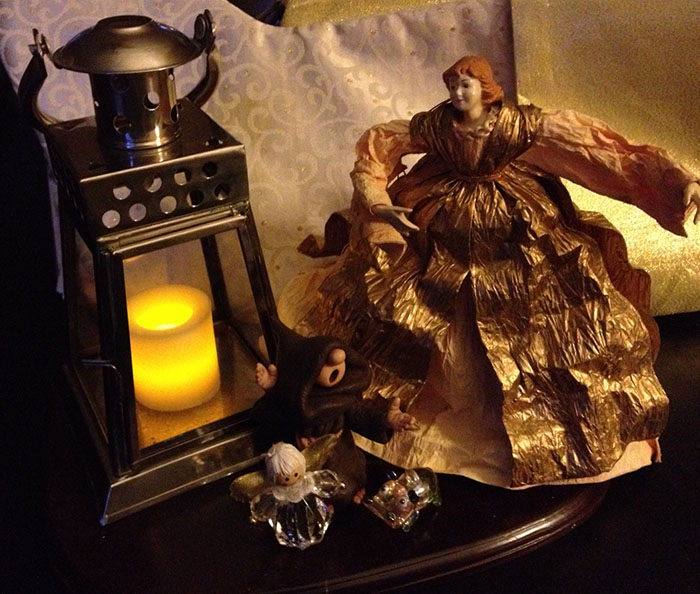Hobbins on Leviticus 25
John Hobbins is starting a series on Leviticus 25. It looks interesting.
John Hobbins is starting a series on Leviticus 25. It looks interesting.

I use the story of Susanna in the Greek additions to Daniel as a basis to think about elders and wisdom.

I want to let all my readers know that my company, Energion Publications, including all our imprints (Enzar Empire Press, EnerPower Press, eucatastrophe press, as well as our main Energion Publications) have all books on sale for 25% off with the coupon code Advent2014 at Energion Direct. Just enter the code at checkout and get…
My sister sent me a link to a video that I thought was helpful in some ways on this topic. Probably the most important thing here is that panentheism, process theology, and open theism are separate theological positions. Often two of these (panentheism + process & panentheism + open theism [less commonly]) may be held…
He thinks Christians should support the repeal, and explains his position very clearly.
From my reading for next week’s study on John (Thursday night, 7:00 pm central time via Google Hangouts on Air): In the same way in which a flag lifted up on its pole draws together a people and constitutes it a nation, the Son of Man lifted up on a cross draws toward himself all…
One of my more esoteric goals in life is to complete a study of every book of the Bible form the original languages working with a commentary that takes critical issues into account. I have read the Bible through in its original languages. This is a different type of study. I will generally read other…